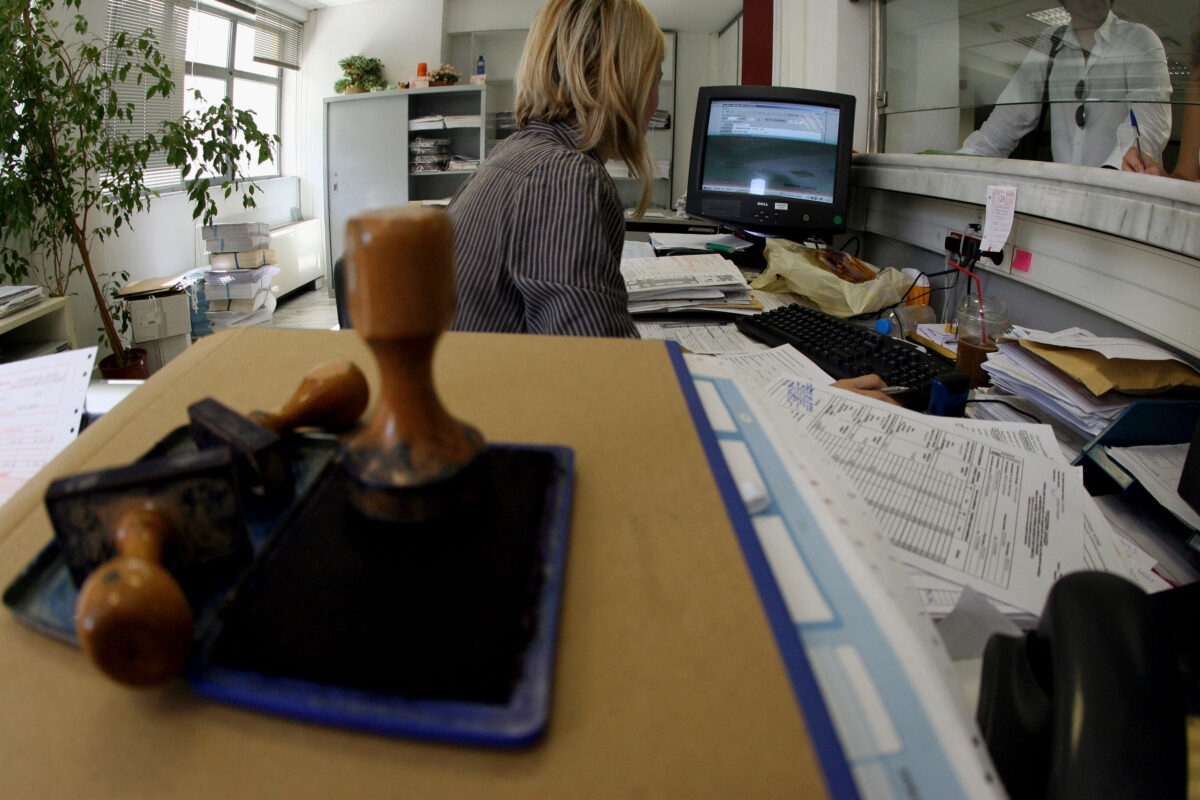The New Disciplinary “Penalty System” for the Public Sector

Πηγή Φωτογραφίας: eurokinissi//The New Disciplinary "Penalty System" for the Public Sector
The new legislative framework, which has already sparked strong reactions from the public sector union ADEDY, expands the scope of disciplinary offenses and penalties, with the most significant change being the permanent dismissalfor refusal to participate in the performance evaluation process.
Key Changes in the New System:
- Refusal to Participate in Evaluation: An employee’s refusal to participate in evaluations, either as an evaluator or as an evaluated individual in target-setting or performance measurements, will be considered a disciplinary offense. The penalty for this will be a fine equivalent to two months’ salary, with a permanent dismissal (firing) if they avoid evaluation for two consecutive years.
- Automatic Suspension for Criminal Prosecution: If an employee is prosecuted for any felony, they will automatically be placed on suspension, a provision that currently only applies to crimes involving sexual freedom and economic exploitation of sexual activity.
- Rehire Restrictions: Those dismissed from the public sector with the penalty of permanent dismissal or termination of their employment contract due to their fault can reapply for employment after 10 years instead of the current 5-year period.
- Penalties for Certain Offenses:
New penalties include:
- Suspension of salary increments for one to five years.
- Removal of up to four salary grades.
- Ban on holding managerial positions for one to five years.
- Administrative Fines: In some cases, in addition to the disciplinary penalties, administrative fines ranging from €3,000 to €100,000 may be imposed.
Introduction of “Disciplinary Settlement”
For the first time, “disciplinary settlement” is introduced in the public sector’s disciplinary law. This allows employees to request a more favorable penalty, under certain conditions, for less serious offenses that do not warrant permanent dismissal. If no financial harm has been caused or if the damage has been fully restored by the employee, they can benefit from this provision.
The new regulations apply to employees of the public sector, municipalities, and public law entities (NPDD) and will come into force next year.

The New Disciplinary Body
Starting next year, the Disciplinary Council of Public Sector Human Resources will begin operations, replacing the existing primary and secondary disciplinary councils. This new body will consist of 60 judges, all members of the State Legal Council, employed full-time and exclusively for this purpose. The appointments of these judges will be made through new recruitments, as stated by the Deputy Minister of the Interior, Vivi Charalampogianni, in a statement to Parliament.
The new disciplinary council will operate in three-member and five-member teams, depending on the severity of the disciplinary case, and will not include employee representatives or public sector officials. The only union representative present will be when the employee under investigation requests it, to present their views before the case begins.
The collective disciplinary bodies will be abolished by 2027, with a deadline to complete the examination of pending cases by December 31, 2025.
Source: pagenews.gr
Διαβάστε όλες τις τελευταίες Ειδήσεις από την Ελλάδα και τον Κόσμο






Το σχόλιο σας